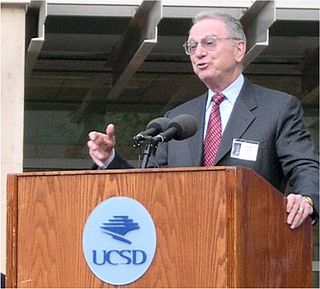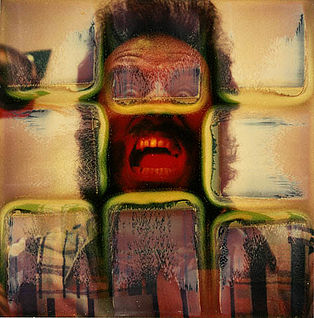A Quote by Kate DiCamillo
The image I had was very clear, and so in that way The Miraculous Journey of Edward Tulane began like other books.
Related Quotes
The Miraculous Journey of Edward Tulane began with a friend giving me a rabbit doll - forgive me, Edward, for using that word; he doesn't like "doll" - for Christmas. I said, "Oh, he's lovely, what's his name?" And she said, "Edward." And a few days after I received the rabbit, who was dressed very handsomely in Edwardian kind of clothes, I saw him stripped of his finery and face down on the bottom of the ocean floor. Why? I don't know. But that's where his story began in my head.
In the beginning of the book, The Miraculous Journey of Edward Tulane, Edward is more enamored of himself than he is of anybody else. He's a very fine rabbit; he's been constructed incredibly well, and he has a wardrobe of amazing clothing. He's arrogant, and he doesn't care whether Abilene loves him or not. As the journey progresses, as he gets passed from hand to hand, he learns what it means to love. He gets more and more bedraggled, and his clothing is lost; yet he becomes finer in soul and heart than he was at the beginning of the journey.
The book [The Miraculous Journey of Edward Tulane] is about the fact that living in this world means that your heart is necessarily going to get broken. But the book also says that's okay. That's the only way to live a truly human life - with your heart getting broken - and eventually getting flooded with love.
SEASONS PASSED, FALL AND WINTER and spring and summer. Leaves blew in through the open door of Lucius Clarke’s shop, and rain, and the green outrageous hopeful light of spring. People came and went, grandmothers and doll collectors and little girls with their mothers. Edward Tulane waited. The seasons turned into years. Edward Tulane waited. He repeated the old doll’s words over and over until they wore a smooth groove of hope in his brain: Someone will come; someone will come for you.
I think that is one of the first things that I got clear in my mind when I began to play around with fiction, that I had to find a language and it was not in existance at the time. You have put it very well - it wasn't to be taken for granted. You had to go on and search until you found a way through the conversation of English and Igbo. The two languages stuck into each other and tried to find a way to express through one, the medium of the thoughts. That's a very exciting thing to do, a very difficult thing to do.
I have had the accomplishment of something like this at heart ever since I was a boy.... So I feel tonight like the man who is lodging happily in the inn which lies half way along the journey and that in time, with a fresh impulse, we shall go the rest of the journey and sleep at the journey's end like men with a quiet conscience.
I tensed for the spring, my eyes squinting as I cringed away, and the sound of Edward's furious roar echoed distantly in the back of my head. His name burst through all the walls I'd built to contain it. Edward, Edward, Edward. I was going to die. It shouldn't matter if I thought of him now. Edward, I love you.
Never in his life had Edward been cradled like a baby. Abilene had not done it. Nor had Nellie. And most certainly, Bull had not. It was a singular sensation to be held so gently and yet so fiercely, to be stared down at with so much love. Edward felt the whole of his china body flood with warmth. (page 128)
I don't think you can take a whole genre of very popular books and say, "This is all trash!" When we read a memoir that isn't by a celebrity, we feel like we're about to go on a journey and we don't know where the journey will lead. But when we read a memoir by a celebrity we feel like we already know the journey and we just want to travel it.
At any rate, when I began photographing myself, I could place myself in poses that had not been investigated by other artists. It was an area other artists hadn't touched. Then, I went on from there. I manipulated my image - distorting it, brutalizing it. People thought I was mad, but I felt I had to tell these things. It gave me a kind of excitement.




























